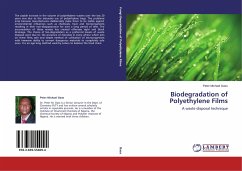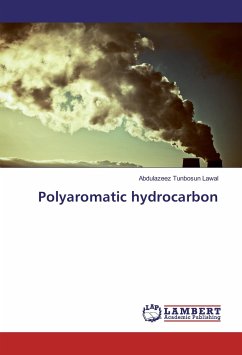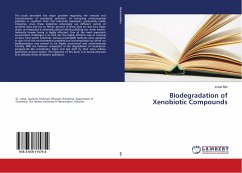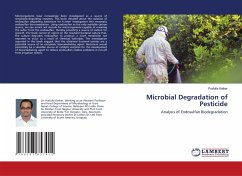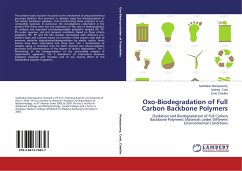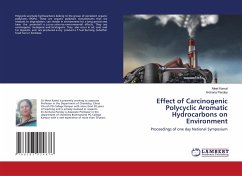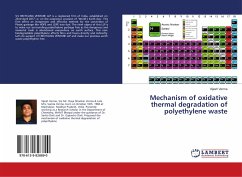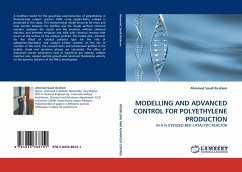The sizable increase in the volume of polyethylene wastes over the last 20 years was due to the extensive use of polyethylene bags. The problems arise because manufacturers deliberately make them to be stable against environmental influences such as chemicals, heat and microorganisms resulting in their non-disappearance for over a long period of time. The accumulation of these wastes has created offensive sight and block drainage. The choice of bio-degradation as a preferred means of waste disposal were due to; the presence of microbes in every where which acts on these films, safe and simple method of cultivation of microorganisms with immense ability to convert dangerous materials to completely safe ones. It is an age long method used by nature to balance the food chain.

